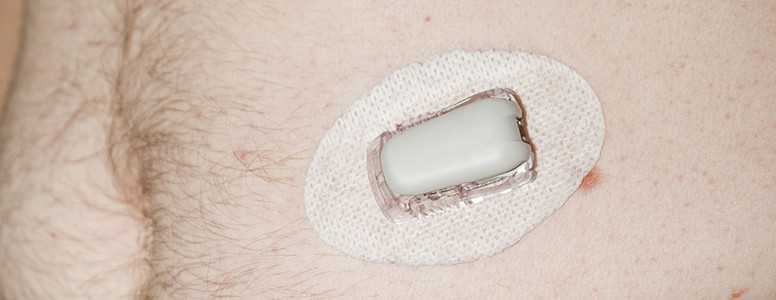Continuous glucose monitors (CGMs) can significantly enrich the lives of people with type 1 diabetes, US researchers state.
A six-month trial monitoring people who used CGMs showed the devices improved blood sugar control, reduced hypoglycemia and improved overall quality of life.
Senior study author Dr Elbert Huang, associate director of the Chicago Center for Diabetes Translation Research, said: “If you map out the lifetime of a patient, it’s impressive. The CGM adds years of life and years of quality life.”
The study involved 158 patients who managed their type 1 diabetes using multiple insulin injections, rather than an insulin pump. Two-thirds of the participants were randomly chosen to use CGMs, with the remaining people using the more traditional finger-prick method with test strips.
At the end of the study, the researchers found the health costs throughout the course of the six months of using a CGM totalled £7,740 compared to £4,920 in the manual testing group.
However, the health benefits of the CGM group were significant and it was estimated the better HbA1c levels and fewer hypos meant that healthy life years could be expected to extend by six months on average.
“While it does cost additional money, the costs saved by lower risk of complications offsets the upfront costs,” said Dr Huang. “It hints at a future of chronic disease management that’s more cost effective and gives patients more control.
“The CGM looks like a very valuable technology, one that doesn’t cause harm and makes people’s lives better. Hopefully, this will become an important part of the decision-making process to make the CGM available to more people.”
Dr Huang said he believes future technology advances might mean devices could become cheaper as they are incorporated with smartphones which most people already own.
He added: “Basically, all the CGM does is provide information, but that allows patients to change the way they eat or time their medications. It empowers patients to manage their own health.”
The findings have been published online in Diabetes Care.
What's new on the forum? ⭐️
Get our free newsletters
Stay up to date with the latest news, research and breakthroughs.








